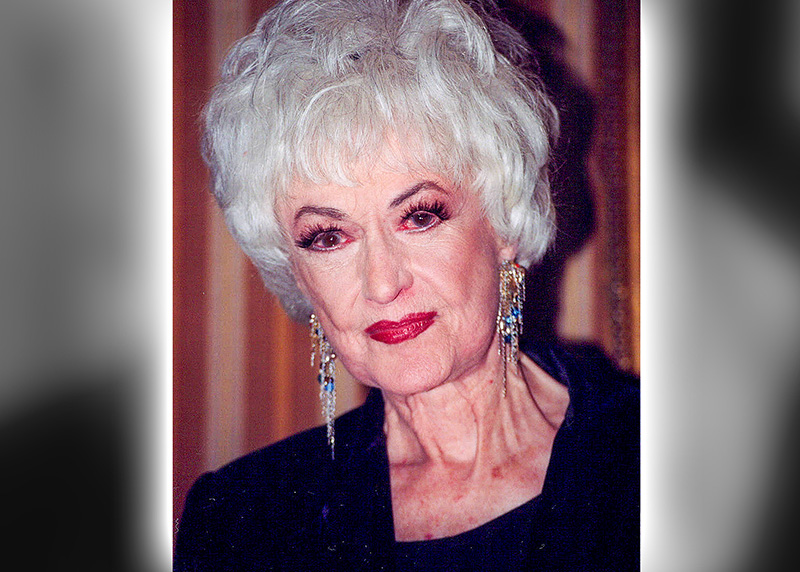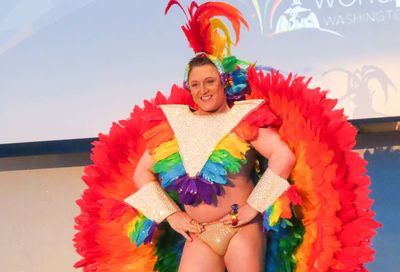EEOC files two sexual orientation discrimination lawsuits
Lawsuits allege Title VII's prohibition on sex discrimination applies to sexual orientation

The U.S. Equal Employment Opportunity Commission (EEOC) announced that it has filed two historic lawsuits on behalf of two plaintiffs discriminated against because of their sexual orientation under Title VII of the Civil Rights Act, which prohibits discrimination on the basis of sex.
The lawsuits are part of a push by LGBT advocates to get sexual orientation discrimination recognized under existing civil rights laws. If the courts recognize that Title VII covers sexual orientation discrimination, it provides LGBT advocates an alternative route to achieving equality, instead of attempting to pass legislation through Congress. One such piece of legislation is the Equality Act, which would amend the Civil Rights Act of 1964 to explicitly prohibit discrimination on the basis of sexual orientation and gender identity. However, the bill is unlikely to gain much traction so long as the GOP controls Congress.
The lawsuits were filed Tuesday in Maryland and Pennsylvania on behalf of plaintiffs who allege they were harassed at work because of their sexual orientation. In Maryland, the EEOC has filed suit in the U.S. District Court for the District of Maryland against Pallet Companies, which does business under the name IFCO Systems. According to the complaint, the EEOC is suing on behalf of Yolanda Boone, an out lesbian and a forklift operator for the company. The complaint alleges that Boone was harassed by her supervisor because of her sexual orientation. Boone’s supervisor reportedly made numerous comments to her regarding her sexual orientation and appearance, even one time blowing a kiss at her and circling his tongue at her in a suggestive manner. When Boone complained to management and called an reported the incident, IFCO management first demanded that she resign, and when she refused to do so, fired her.
[advert]
In Pennsylvania, the EEOC’s Philadelphia District office filed suit in U.S. District Court for the Western District of Pennsylvania for the Pittsburgh-based Scott Medical Health Center. In the complaint, EEOC charges that Dale Baxley, a gay telemarketer for the health center, was subjected to harassment from his supervisor. EEOC alleges that the supervisor referred to Baxley by various anti-gay epithets and made other offensive comments about his sexuality and sex life. When Baxley complained, the director responded that Baxley’s supervisor was “just doing his job,” and refused to take any action to stop the harassment, eventually prompting Baxley to quit over a “sexually hostile work environment.”
The EEOC, a five-member board tasked with enforcing federal employment discrimination laws, has previously ruled that discrimination based on sexual orientation is prohibited under Title VII’s protections against sex discrimination. However, the federal government has been coy about whether it agrees with the EEOC Title VII’s protections extend to sexual orientation.
Earlier this year, the EEOC ruled that David Baldwin, an air traffic controller at Miami International Airport who was denied a promotion on the basis of his sexual orientation, could pursue a claim of sex discrimination under Title VII. When Baldwin’s lawyers filed suit against the U.S. Department of Transportation — which oversees the Federal Aviation Administration — the Justice Department, in defending the Department of Transportation, notably did not seek to dismiss the lawsuit, but rather decided to contest the case on the merits. That move has been interpreted by many as a sign that the government may be open to the interpretation espoused by the EEOC.
The EEOC previously ruled in 2012 that discrimination on the basis of gender identity constitutes sex discrimination under Title VII, and subsequently filed two lawsuits where it alleged employers had engaged in anti-trans discrimination. Following that ruling, the Justice Department announced that it agreed with the EEOC’s contention, and filed a similar lawsuit arguing that anti-transgender bias was prohibited under Title VII.
Support Metro Weekly’s Journalism
These are challenging times for news organizations. And yet it’s crucial we stay active and provide vital resources and information to both our local readers and the world. So won’t you please take a moment and consider supporting Metro Weekly with a membership? For as little as $5 a month, you can help ensure Metro Weekly magazine and MetroWeekly.com remain free, viable resources as we provide the best, most diverse, culturally-resonant LGBTQ coverage in both the D.C. region and around the world. Memberships come with exclusive perks and discounts, your own personal digital delivery of each week’s magazine (and an archive), access to our Member's Lounge when it launches this fall, and exclusive members-only items like Metro Weekly Membership Mugs and Tote Bags! Check out all our membership levels here and please join us today!























You must be logged in to post a comment.